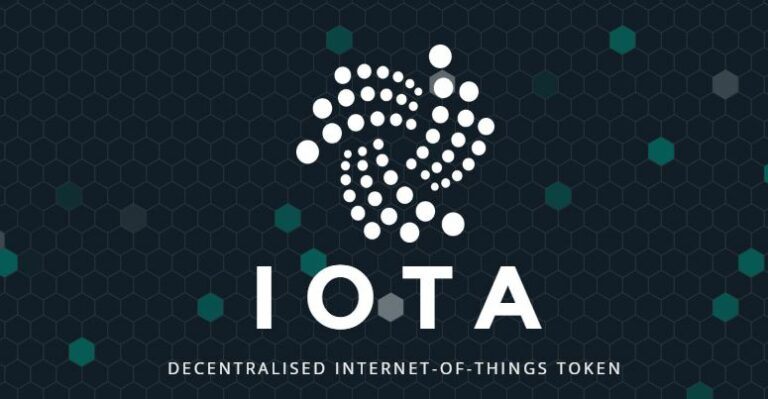Open Privacy Research Society director Erinn Atwater recently stated that the IOTA community is “toxic.” Atwater’s tweets also mentioned that she had spent some time reading about IOTA’s cryptocurrency and offered to share the findings of her research. The security PhD candidate at Canada’s University of Waterloo then went on to accuse the crypto platform’s community members of “coordinated brigading.”

Atwater said that while she attempted to discuss IOTA’s technology, her “honest criticisms” along with questions by other researchers were met with “attempts to discredit experts’ credentials.” The self-proclaimed “angry vegan feminist” and queer trans woman further alleged that IOTA’s community tried to get people fired from their jobs and even attempted to “hack their accounts” if they criticized the crypto platform. Because of this, Atwater said that she had “been very hesitant over whether to share any of [her] thoughts/findings.”
“No Roadmap For Scaling”
According to the PhD candidate, “IOTA has no roadmap for scaling to the level they envision.” Moreover, Atwater claims that the platform’s current proof-of-work (PoW) algorithm is “done by wallets” instead of miners and that this approach poses a significant scalability problem. That’s because all of IOTA’s wallet users would need to run PoW “near-24/7” in order to secure its crypto network, the Open Privacy director stated.

Atwater then criticized IOTA community’s plan to resolve these issues by tweeting that their proposed replacement for PoW, some type of “proof-of-resource-utilization” (PoRU) algorithm, would not be able to scale effectively and would be susceptible to a sybil attack. Proof-of-locality (PoL), another proposed algorithm to replace PoW by the crypto’s community, “can’t be propagated through the [IOTA] network” according to the security expert, so it is also not a viable solution to the platform’s scalability problem.
IOTA Network Dependent On “Centralized Authority”
Per Atwater, IOTA’s developers are working “an alternate solution to PoRU or PoL”, but she is “extremely skeptical” that such a solution could be implemented by the crypto’s development team. She explains that her skepticism is based on the information provided by the platform’s creators, which includes a PoL-based “radio resource testing” idea. Atwater asserts that this proposed solution “does not propagate” and that “this is where the argument comes to an impasse.”
The Open Society director states that IOTA’s current network consensus protocol fully depends on a centralized “100% trusted authority” known as the “coordinator.” The network relies on the coordinator to determine “milestones” and to take “snapshots” of the IOTA network at periodic intervals in order to establish consensus, Atwater notes. She then says that the coordinator is also currently responsible for protecting IOTA’s “beta” network from attacks. However, Atwater has since admitted that milestones are issued by the coordinator and snapshots are in fact distributed by hardcoding them in a software update.
Per Atwater, there is currently no known solution at this time for a scalable consensus algorithm that can be implemented on IOTA’s existing platform. Therefore, the coordinator “currently cannot be disabled” for now, the security researcher concludes, while implying that this is not an ideal solution.
Response To Atwater’s Tweets
The security researcher received mixed responses to her recent tweets criticizing IOTA. Twitter user @Elessar59 responded by saying that Atwater has no idea how “toxic” things can get in other larger crypto community threads.

Meanwhile, @Bruno76477407 replied by saying that Atwater should “give [IOTA] a fair chance.”










